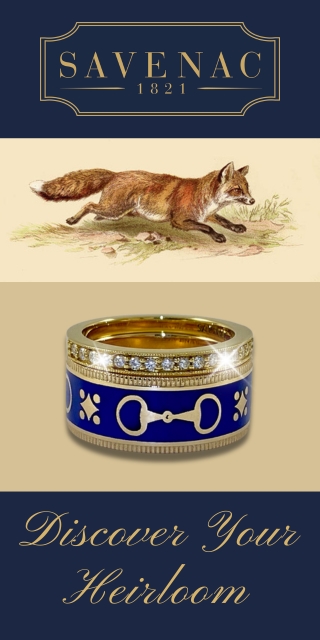South Carolina
EIA in Aiken; First Case in More than a Decade
A mule in Aiken, South Carolina has tested positive for Equine Infectious Anemia. This is the first case of EIA in Aiken since the 1990s. In fact, South Carolina is the only Southeastern state in which no positive cases of EIA were recorded in the last ten years. The mule, which has been euthanized and is said to no longer pose a threat to other equines, lived in the Fox Chase subdivision which borders the Hitchcock Woods. Since the disease is carried and transferred via mosquitos and horseflies, and since the Hitchcock Woods are a center of equine activity in Aiken, concerns are raised about the potential spread of the disease. Like the HIV virus in humans, the EIA virus weakens the immune system of equines and leads to other diseases. Click for more details in the WRDW-TV news report by Travis Ragsdale. Posted September 5, 2014
Read More
Camden: A Mecca for Horses
Horses mean “business” in Camden, South Carolina. The area has been a mecca for horses and horse people at least as far back as the turn of the twentieth century, according to John Cushman, owner of The Tack Room in Camden. “Places such as Camden, Aiken, and Southern Pines (NC) became winter colonies before Florida developed, and a lot of people who came were horse enthusiasts and brought horses for foxhunting, bird hunting and such,” said Cushman in Bob Spear’s article in The State. The climate and the sandy footing suit horses. According to Thoroughbred trainer Frank Wooten, they don’t even put shoes on the youngsters until they start breezing them. Camden is also home to the Camden Hunt, where hounds hunt the native fox and coyote over 12,000 acres of protected land. The Carolina Cup steeplechase races are run in the spring, and the more prestigious Colonial Cup takes place in the fall. The South Carolina Equine Park, whose slogan is “Our Horses Mean Business,” stages more than forty horse shows a year. The shows are diversified, including walkers, Quarter Horses, paints, hunters and jumpers. They even have rodeos. Hope Cooper, executive director of the National Steeplechase Museum estimates that horses bring almost $2.8 million annually in direct and indirect spending impacting restaurants, hotels, and merchants. Cushman makes the interesting point that horses are labor intensive and require specialized manual labor. “Think about a couple of thousand horses….that’s a lot of workers,” said Cushman. It was precisely because the citizens understood those numbers that the community and government came together and established the South Carolina Equine Park. The county owns the park, and the South Carolina Equine Promotion Foundation oversees the operation. “Horses create a twelve-month-a-year industry,” said Cushman.
Read More


















